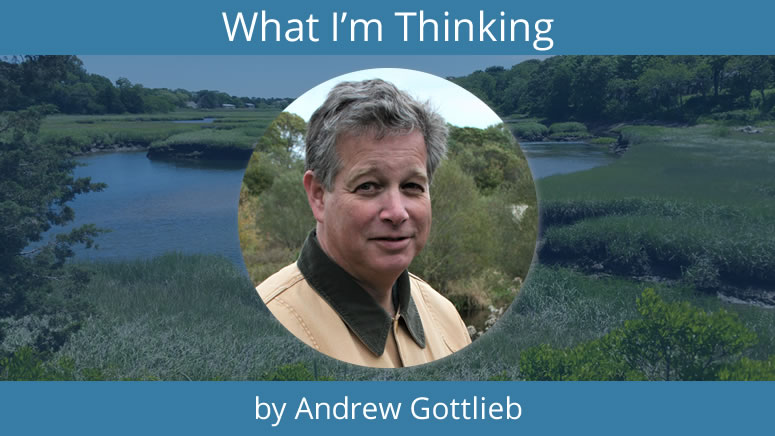With Thanksgiving upon us, the holiday season is about to officially begin but we all know it feels different this year. The pandemic is preventing many traditional family gatherings from happening this year. Mine isn’t, and while that makes me sad, I do have loved ones with whom I will celebrate. It is my hope that everyone will find happiness in their modified holiday as well.
One thing that I hope the pandemic will not dampen is the tradition of the holidays as a time of charity and good will toward others outside our immediate circle. Never in my lifetime has the need for charity, understanding and empathy for others been greater. I am hopeful that these holidays will provide us all with a chance to step back from the edge and think about how to reestablish our trust in one another, our institutions and devise a way forward that rewards devising solutions more that it encourages division.
One way I have come to understand our national condition is to recognize the role that fear has played in shaping the mindset of America. There are lots of reasons why, many valid and rational at their core, that so many Americans live in fear of something. The pandemic, by highlighting the fragility of societal structures and revealing how little economic cushion most of us have, has served as a painful validation of that pit in the stomach feeling many of us have.
Fear’s a powerful thing
It can turn your heart black you can trust
It’ll take your God filled soul
And fill it with devils and dust – Springsteen (Devils and Dust, 2005)
Fear and retribution are close cousins and have created the destructive cycle we have lived for the last several years and need to break. Fear of Obama may have brought us Trump. Fear of Trump resulted in the contentious election of 2020 and it will bring what? My fear is that we are running out of time and need to disrupt the cycle, although I readily concede I don’t know how. That said, admitting you have a problem is the first step toward solving it. Let’s start with committing to ourselves and others that we seek to improve the well-being of society as a whole with new policies and programs rather than just settle scores and reverse whatever it was that the last person in power did.
For the environment that means recommitting to engaging in the reality of climate change and establishing real protections for air and water quality. But it also demands a mature discussion about how best to achieve these ends. Simply restoring what was lost or rescinded is not necessarily the best answer. We need to resist the impulse to go back to what was, because no matter how well intentioned, the old way is not by definition the best approach for today. So, by all means, EPA needs to once again have leadership that is actually concerned with and committed to maintaining a healthy environment, but figuring out how to achieve that goal should be given a lot of thought. By doing so we can not only devise better approaches, but also build and establish a broader consensus of the merits of a new approach that will lower the fear factor. Only then will we have built something more durable and less subject to reflexive reversal the next time the political winds sweep someone new into power.


